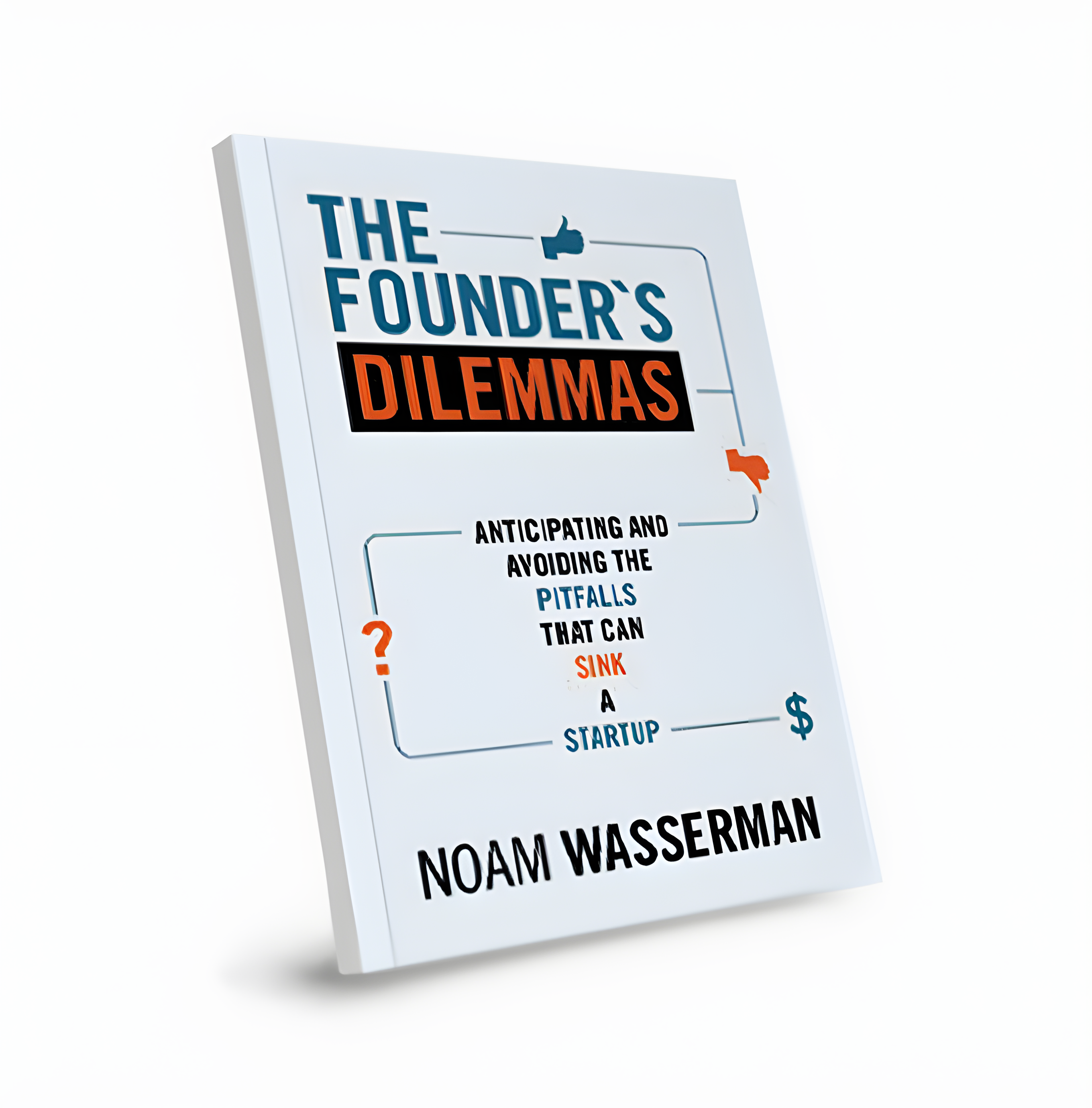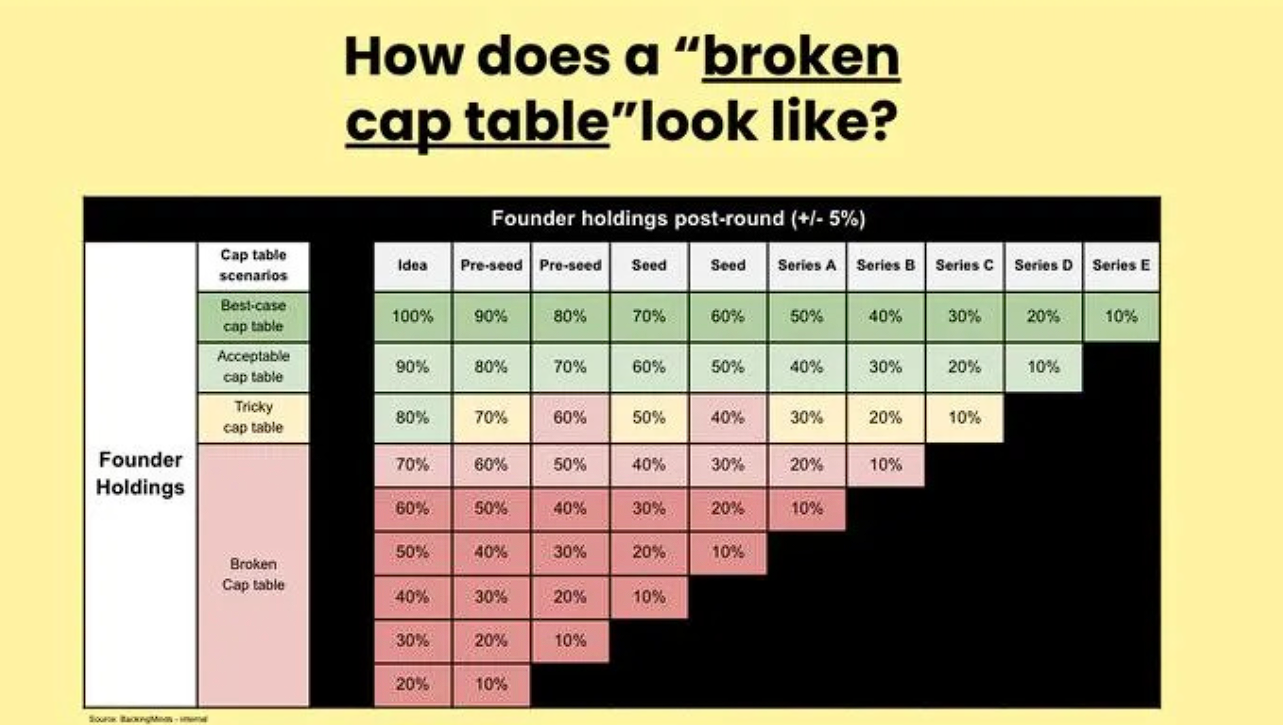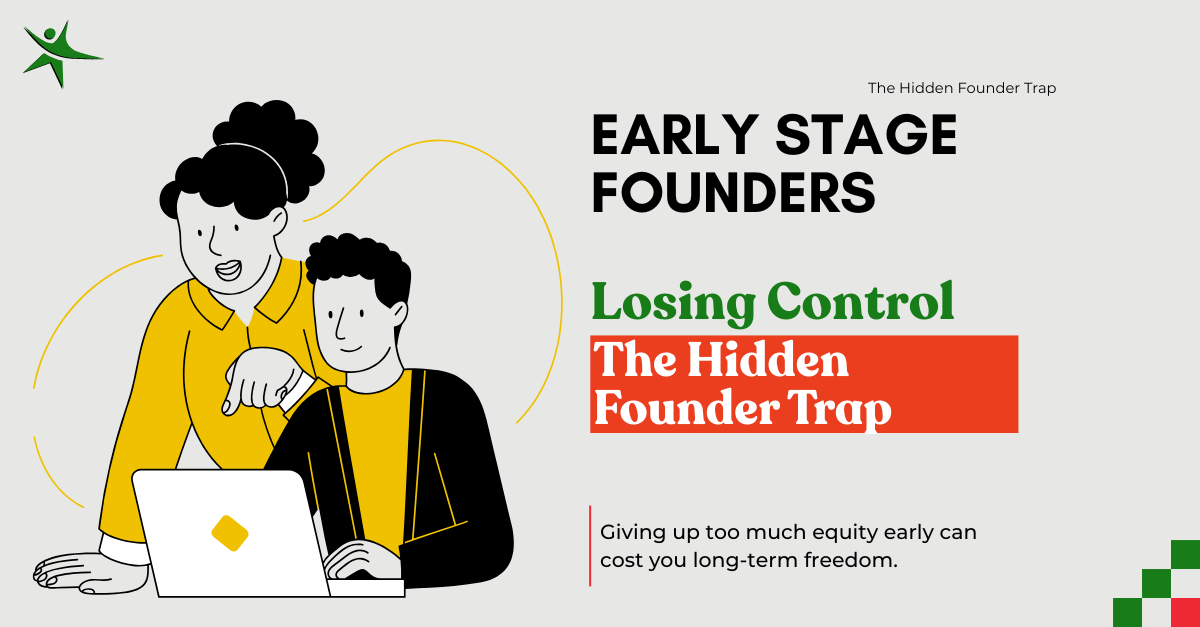Back
SHIV DIXIT
CHAIRMAN - BITEX IND... • 1y
📖 DAILY BOOK SUMMARIES 📖 🔗 DIRECT FREE E-BOOK DOWNLOAD LINK AVAILABLE — https://drive.google.com/file/d/1--aB_ZVfiPNVRpBBpZeLnEnE28Wp4dLP/view?usp=drivesdk 🔥 The Founder's Dilemmas: How fail 🔥 🚀 20 Lessons From 👉 ✨ Noam Wasserman ✨ 1. Control vs. Wealth Dilemma: • Founders must decide between keeping control of the company or giving up some control to maximize growth and wealth. 2. Equity Distribution: • How founders split equity early on can create long-term issues. It’s important to structure fair and flexible equity agreements. 3. Founding Team Conflicts: • Disagreements among co-founders, especially over roles, compensation, and decision-making, are common and need to be addressed early. 4. Hiring Friends/Family vs. Professionals: • Founders often hire friends or family in the early stages, but this can cause problems as the company grows, especially when professional management is needed. 5. Founder-CEO Transition: • Many founders struggle when it's time to bring in a professional CEO, often leading to conflicts over leadership style and control. 6. Founder Burnout: • The intense pressure of running a startup can lead to founder burnout, making delegation and work-life balance critical. 7. Investor Relations: • Founders need to balance investor demands with their vision for the company. Misalignment with investors can lead to friction. 8. Exit Strategies: • Founders must think about long-term exit strategies (IPO, acquisition) and how their role will change as the company matures. 9. Timing of Co-Founder Hiring: • Deciding when to bring in co-founders or early hires is crucial, as bringing people in too early or late can impact team dynamics and equity distribution. 10. Role Definition: • Clearly defining roles and responsibilities among founders and early team members helps avoid overlap, power struggles, and inefficiencies. 11. Board Composition: • As the company grows, founders often face challenges with the board of directors, especially when investors gain seats and influence. 12. Investor Selection: • Founders must choose investors not only for their financial support but also for their ability to add strategic value and align with the company’s mission. 13. Leadership Evolution: • Founders need to evolve their leadership style as the company scales, transitioning from hands-on involvement to strategic oversight. 14. Dilution of Ownership: • Bringing in investors or issuing new equity to employees can dilute the founder’s ownership, which may cause concern if control is a priority. 15. Founder-Employee Compensation: • Setting appropriate compensation and equity incentives for employees is critical to retain talent while maintaining the company’s financial health. 16. Emotional Attachment: • Founders often have deep emotional ties to their companies, making it hard to step back or make objective decisions, which can lead to challenges in scaling.

More like this
Recommendations from Medial
Aditya Malur
AI-Powered Product C... • 11m
How a Broken Cap Table Turns Founders Into Employees of Their Own Company? Founded in 2009, Quid raised over $108M in funding and reached a peak valuation of $300M+ by 2016. Yet when the company was acquired by Netbase in 2020, founder and CEO Bob G
See More
Prithviraj Singh Chauhan
Hey I am on Medial • 7m
Looking for a design rockstar to join early team of a pre-seed funded fintech startup. Anyone with or without experience who believes in their abilities to let their designs speak. Full time position based in Jaipur. Mix of cash and equity in compe
See MoreSettleMate NextGen
Pathway to Prosperit... • 5m
Early Partner / Co-Founder Wanted – Equity-Based Hey! I’m Tanmay Sarkar, founder of an early-stage edtech + fintech startup. Looking for a Co-Founder / Early Partner / Service Partner for: Web & LMS Development Course Production & Content Cre
See MoreDownload the medial app to read full posts, comements and news.





















/entrackr/media/post_attachments/wp-content/uploads/2021/08/Accel-1.jpg)

















